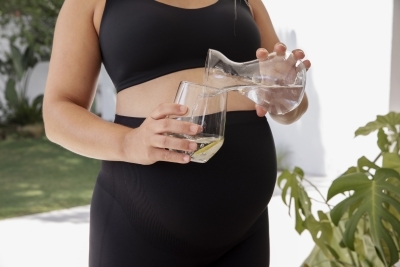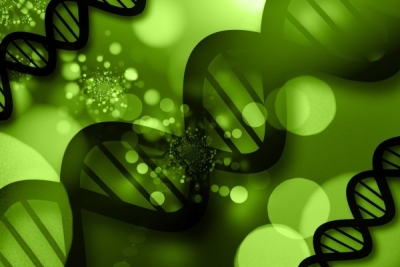The use of alcohol during pregnancy is a public health problem that has serious consequences for both the mother and the fetus. The effects on maternal health include an increased risk of bleeding during pregnancy, spontaneous abortion, premature birth and placental abruption (1). With regard to the fetus, prenatal exposure to alcohol is associated with teratogenic effects, that is, capable of causing damage and interfering with the fetal development process, in addition to a variety of lifelong conditions known as fetal alcohol spectrum disorders – FASD (2). And one of the most serious and disabling consequences of alcohol consumption during pregnancy is fetal alcohol syndrome (FAS), the most serious and visibly identifiable form of FASD, including permanent brain damage, congenital anomalies and deficits in cognitive, behavioral, emotional and adaptive functioning (2,3).
However, drinking alcohol during pregnancy is a completely avoidable risk behavior. And although studies on the effects of both light and moderate alcohol consumption are not conclusive, the main recommendation is that pregnant, lactating or trying women (those who intend to become pregnant) abstain from any amount of alcohol, as there is no consumption of alcohol that is safe at these stages.
Despite these recommendations, according to the latest estimates, 9.8% of the general pregnant population in the world consumes alcohol during prenatal care (4). In Europe, the region with the highest rate of alcohol use during pregnancy, the prevalence reaches 25.2% (4). In Brazil, a recent study showed that approximately 14% of Brazilian pregnant women reported alcohol consumption during pregnancy and 10% had inappropriate alcohol use during pregnancy, with the prevalence of alcohol intake being higher in conditions of greater social vulnerability and among smokers (1).
Consequences of alcohol use for the fetus and baby (5)
Studies indicate that drinking alcoholic beverages during pregnancy can influence fetal malnutrition. This happens because alcohol crosses the placenta more easily than micronutrients, in addition to stimulating, due to its toxicity, vasoconstriction of the vessels in the region, making it even more difficult for nutrients to pass to the developing fetus. Alcohol also increases glomerular filtration, causing the fetus to lose nutrients along with the excess urine produced. As a result, fetal malnutrition tends to cause delays in intrauterine growth and further increase the toxic effects on organs and systems.
Another point of attention is FAS, a syndrome that has been growing worldwide, reaching numbers close to those of Down syndrome and the autism spectrum, a condition that is directly related to the increasing number of pregnant women who consume alcohol. FAS is considered a serious congenital disease, with involvement of important organs and the central nervous system, in addition to behavioral problems, cognitive development deficits and even a tendency to anxiety and depression disorders in adolescence or adulthood. Babies born with FAS may also present facial dysmorphia and delayed body growth. Other impairments that were evaluated are: heart, kidney, bone problems, among others.
Consequences of alcohol use while breastfeeding
There is a myth that some types of alcoholic beverages can increase breast milk production. However, alcohol does not increase milk production, on the contrary, drinking alcohol during this period can reduce milk production. According to the Brazilian Society of Pediatrics (6), this occurs because alcohol inhibits the hormone prolactin, the hormone responsible for the production of breast milk, shortening breastfeeding time. Furthermore, alcohol can also alter the smell and taste of milk and, therefore, it may be refused by the baby, which harms not only breastfeeding, but also the child's development.
As a result, the baby may experience drowsiness, sweating, deep sleep, weakness, and as a consequence abnormal weight gain and decreased linear growth. And, as the baby's brain continues to develop, alcohol can reach its nervous system, causing irreversible damage.
Consequences of alcohol use for women trying to get pregnant
Research shows that the consumption of alcoholic beverages, especially frequent and excessive consumption, is associated with a decrease in women's fertility and a high risk of menstrual irregularities (7). However, it is still unclear what mechanism causes alcohol consumption to negatively affect female fertility. One of the hypothesis suggests that there is a change in the concentrations of endogenous hormones (i.e., produced by the body itself), which directly affects the maturation of eggs, ovulation and embryonic development (7).
Excessive alcohol consumption in different phases of the menstrual cycle can also harm fecundability (defined as the probability of becoming pregnant in a menstrual cycle). A study reported that drinking heavily (more than 6 drinks per week) and moderately (3 to 6 drinks per week), during the luteal phase (period close to menstruation) and the ovulation phase is associated with a lower chance of conception (8).
The periods of pregnancy and lactation are very special moments in a woman's life. Therefore, these are phases that require a lot of attention.
Take care of your health and the health of your baby!











